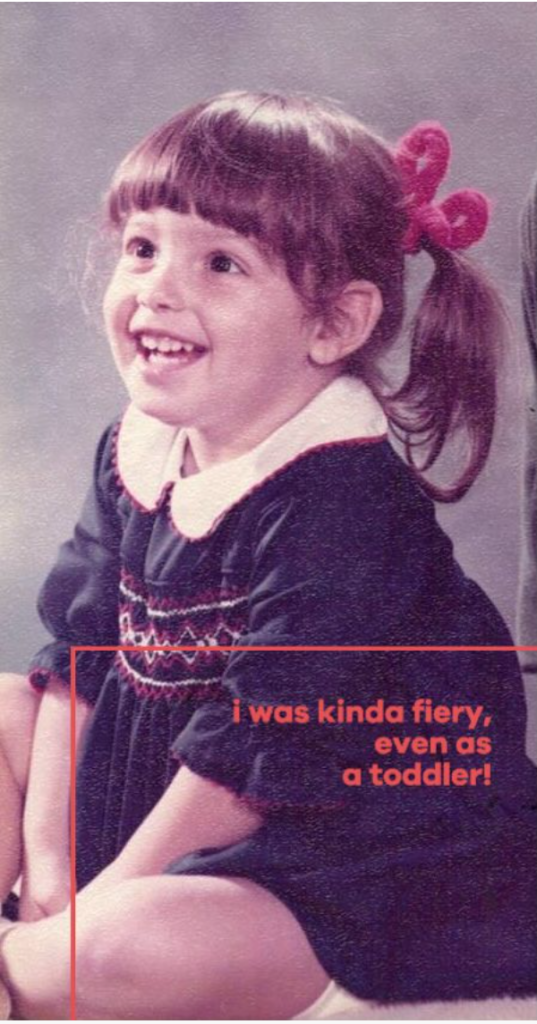Kinder and Gentler: Resolution Lessons
Many years ago, I announced to my family that my New Year’s resolution was to become a “kinder and gentler Elona.”
It became a running joke. They would witness my hot-headed reaction or hear a snarky quip and tease: “How’s that kinder and gentler thing going?”
I am not here to discuss whether resolutions are a good idea in the first place, whether the new year is the best time to set them, or offer statistics about how many resolutions fail.
Instead, I’ll tell you three reasons why I failed. And why I ultimately succeeded (more or less).
First, it is often said that we don’t create new habits, we simply replace old ones with new ones. When faced with conflict, my conditioned behavior (aka “habit”) was to fight, and I had no plan for what I would do instead. No new replacement habit = old habit wins.
A second reason? I hadn’t defined my “why.” Why was this a priority? What did I hope to experience by being kinder and gentler? I had a vague sense that I should be those things, but I hadn’t figured out why they were important to me. Without knowing the motivation, the value, the why, it didn’t stick.
The final reason: I didn’t actually know what that would look like. It is hard to become something that is undefined! Sure, I knew kinder and gentler people, but not kinder and gentler Elonas. I had no vision of what this “improved me” would be like, act like, sound like.
While “kind and gentle” are still probably not the first two adjectives one would use to describe me, I did get closer. Or close-ish. How?

I learned to respond rather than react, to pick my battles, and that sometimes it really was more important to be kind than to be right.
I found value in bringing joy, contentment and ease into the world. Granting grace. That’s the world I want to live in; I had to be the change I wanted to see.
Finally, I was able to picture what a kinder and gentler Elona would look like. Me, but with softer edges, one who uses humor not as a weapon but as a way to disarm, who uses fire to ignite growth rather than scorch. One who is willing to share their failures publicly in hopes of inspiring and guiding others.
And one who is ready to welcome in the new year with kindness. Grace. And a little bit of fire. Hello 2021!
Try it!
Give your shoulds the “why” treatment
“I should work out more.”
“I should figure out what to do about my job.”
“I should stop arguing with my teenager.”
A lot goes into successful behavior change, but a solid first step is to give your “shoulds” the “why” treatment. Rather than just identifying what you should be doing, ask yourself why this change is important to you. Then center the why rather than the behavior.
For example:
“I should work out more.” (Why? What will you feel if you do this? What benefits are you hoping to reap?)
“By working out, I will feel healthy, reduce my risk of heart disease, and get better sleep.”
Illuminate the motivation—”should” won’t get you there. “Why” is a great place to start.
(other) Smart People
“You must uncover what it is you are truly chasing and how you think you will feel when you finally catch it.”
Debbie Ford, The Best Year of Your Life
Text…
Receive the “Slice of Sunshine” in your inbox by subscribing to the Department of Practical Sunshine newsletter.
Text…
Try it!
Text…
